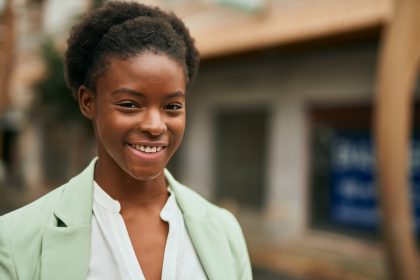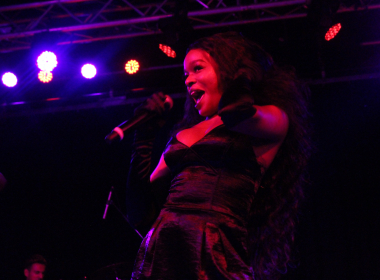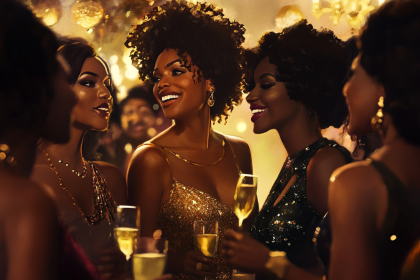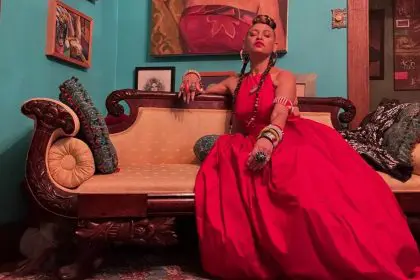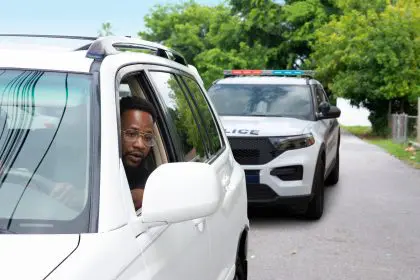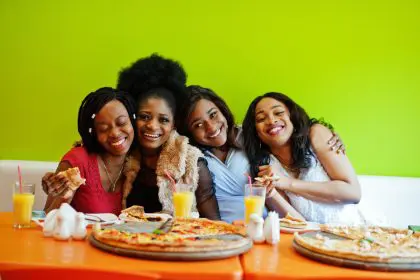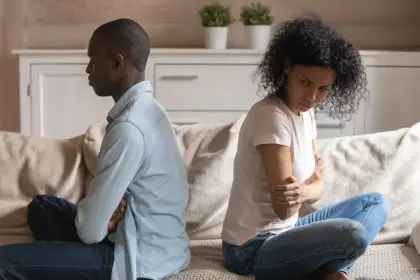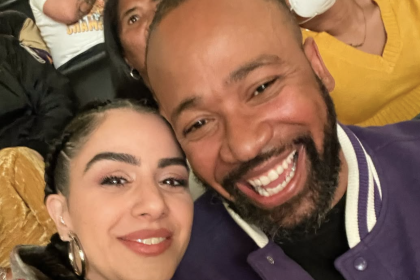The day mainstream media discovered that more than 200 Nigerian girls had been abducted at a school by terrorists, outrage spread throughout Africa and, eventually, America.
In 2014, it would seem implausible for an organization to get away with kidnapping 200 girls without consequence.
Soon enough, America’s outrage turned into activism and the “Bring Back Our Daughters” campaign was born.
Celebrities and noteworthy politicians took photos while holding signs that read: “Bring Back Our Girls.” The hashtag #BringBackOurGirls has been used more than 240,000 times on Instagram and continues to be a top trend on Twitter. Another hashtag, #RealMenDontBuyGirls has also picked up steam.
The social media campaigns and support shown by first lady Michelle Obama, Justin Timberlake, Sean Penn, Drake, Ashton Kutcher and others has helped to shed light on abduction and sexual slavery.
But when taking a deeper look at abduction and sexual slavery, are we really fighting for the girls and women who end up missing? When a multitude of celebrities are attached to an issue and “likes” are garnered on Instagram, a form of slacktivism can take place. Some will only fight for a cause when it becomes cool to fight for a cause.
While concerned nations search to find answers to the disturbing issues in Nigeria, there is still a daunting task in America. According to the National Crime Information Center, in excess of 64,000 black women are missing in the United States alone.
Although more than 40 percent of missing persons are black women, there is rarely a push by mainstream media outlets and social media to give attention to these women and their families.
There is a good chance that you haven’t heard about 16-year-old Kayla Cohen of Wilkinsburg, Pennsylvania, who has been missing for a year; Nicole Yates, 17, of New York who disappeared in May of 2013; or Jahessye Shockley, 8, of Glendale, Arizona, who has been missing since 2011.
These young girls are just a few out of thousands of black girls who are missing and rarely get media coverage or an Instagram post to share their stories.
We must continue to stand up for the young women who were abducted in Nigeria, but let’s also pay more attention to the 64,000 black women who are missing today in America.
Words by: A.R. Shaw


